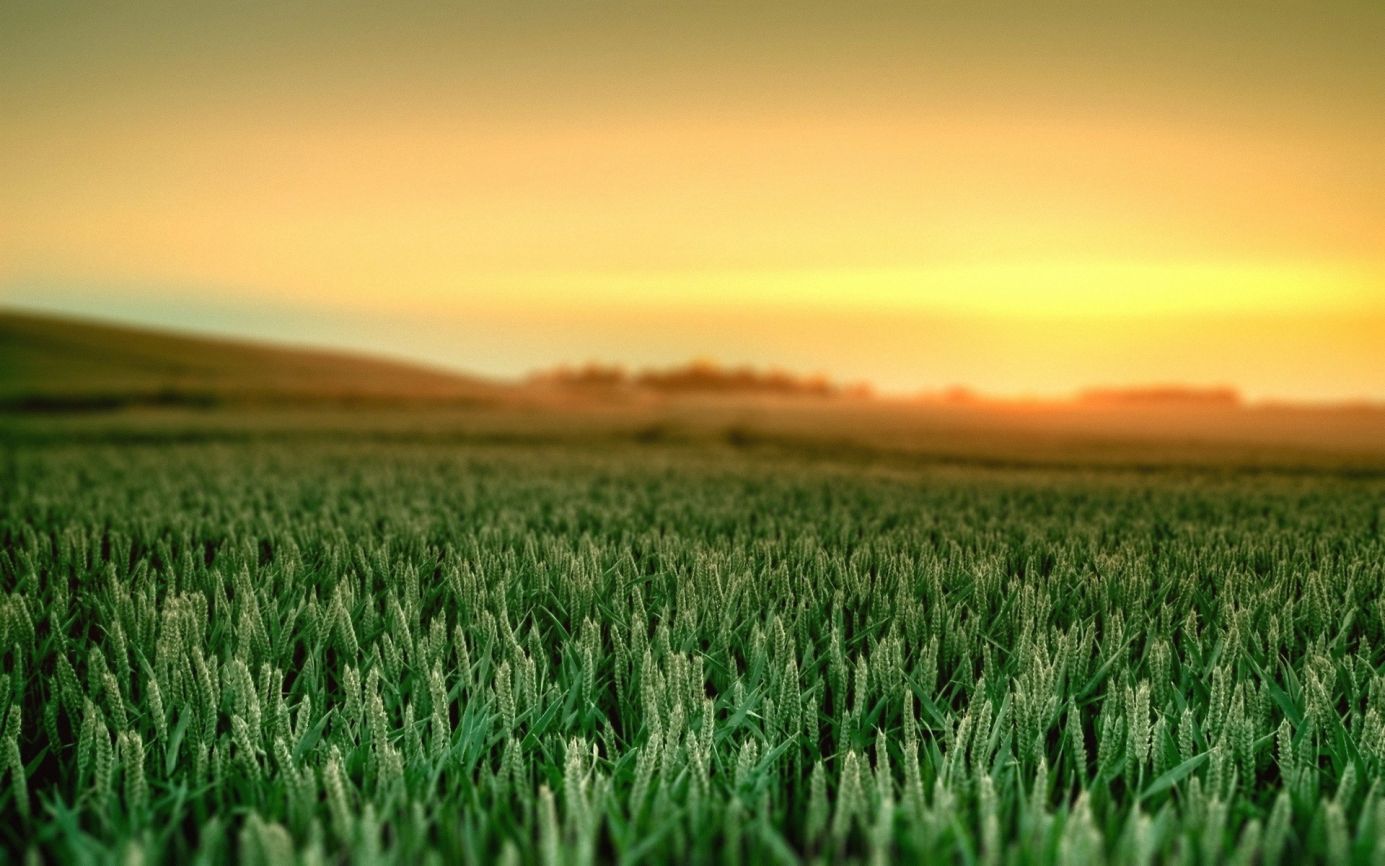The consequences of climate change and extreme weather conditions
Climate change's consequences are increasingly affecting European agriculture. From extreme weather conditions to changes in seasonality and variability, they have a significant impact on production, possibly lowering the quality or greatly reducing the supplies of wheat, rye and oats. In the future, these effects will only intensify, constantly challenging the miller.
Climate change threatens the nutritional & bread-making quality of cereals
The concentration of carbon dioxide in our atmosphere is increasing. Everything else being equal, higher CO2 levels should increase the yields of major crops. But the trade-off is a hit to the quality and nutritional content of some of our favourite foods, by reducing the concentration of grain protein and micro-nutrients like zinc and iron in cereals. As the amount of protein is one of the factors that sets some wheat apart from others, some regions may be completely unable to grow wheat of high-enough quality to make bread.
Significant drops of production & quality increasing price volatility
In Summer 2018, Europe faced extreme climatic conditions with serious impacts for cereal producers. For instance, the drought that hit Europe led to a significant drop of total EU cereal production, estimated at 8% below the last five-year average. Consequently, EU cereal prices have peaked during August reaching levels higher than last year, with for example an extra €50 per tonne for wheat.
It is not only the quantity of agricultural products but also the quality that is threatened by climate change. An example of this is the frequent rain in Northern Europe which has resulted in lower protein content in wheat in 2017.
Mitigation at farming level and enhancing potential of carbon sequestration
Flour milling has its own environmental footprint that is closely linked to agricultural production. For ex. wheat production is found to contribute most to the carbon footprint of plain wheat flour with a level over 60%. Helping farmers contribute to overall efforts to reduce the impact of climate change and how to enhance their potential of carbon sequestration is one of the objectives of the new Common Agricultural Policy (CAP).

